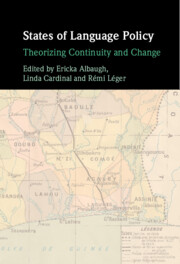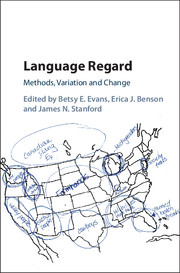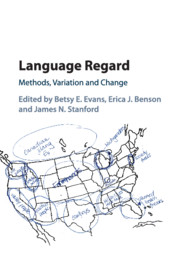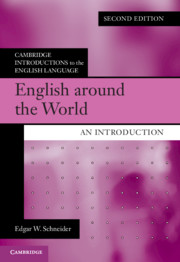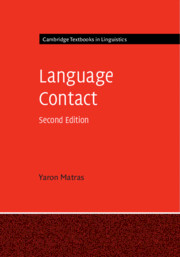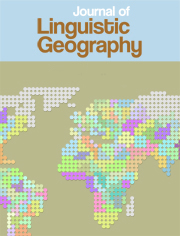States of Language Policy
Why do some countries have one official language while others have two or more? Why do Indigenous languages have official status in some countries but not others? How do we theorize about continuity and change when we explain state language policy choices? Combining both the theory and practice of language regimes, this book explains how the relationship between language, politics, and policy can be studied. It brings together a globally representative team of scholars to look at the patterns of continuity and change, the concept of state traditions, and notions of historical legacies, critical juncture, path dependency, layering, conversion, and drift. It contains in-depth case studies from a multitude of countries including Algeria, Burkina Faso, Canada, Hong Kong, India, Norway, Peru, Ukraine, and Wales, and across both colonial and postcolonial contexts. Wide-ranging yet accessible, it is essential reading for practitioners and scholars engaged in the theory and practice of language policies.
- Theorizes the role of the state, particularly state traditions, in language policy choices
- Introduces the readers to a wide variety of language regimes from across the globe in which language policy choices are made
- Incorporates the legacies of colonialism in the study of language policy choices, as well as the role of institutions below and beyond the state
Product details
November 2024Hardback
9781009264723
326 pages
235 × 159 × 23 mm
0.59kg
Available
Table of Contents
- Introduction
- 1. Introduction: theorizing continuity and change in states' language policy Ericka Albaugh, Linda Cardinal and Rémi Léger
- Part I. Routes of Change:
- 2. Universalism as a state tradition in Norway and its impact on language policy choices Eli Bjørhusdal
- 3. Policy change in a language regime: institutionalism, incrementalism and agency Martin Normand
- 4. The decline and rebirth of Manx Gaelic: state traditions and language change in a small island context Gary Wilson
- 5. Cultural heterogeneity and language regime transformation: the Ukrainian case Bartosz Hordecki
- 6. Language regime change in Peru: authoritarian state traditions and unexpected effects of democratic reforms Stéphanie Rousseau and Eduardo Dargent
- Part II. Dependent Relationships:
- 7. African state traditions and language regimes Ericka Albaugh
- 8. Algeria's language regime: a case of postcolonial linguistic Jacobinism Linda Cardinal and Djamel Chikh
- 9. Language politics in India: tradition, regime and diversity Selma K. Sonntag
- 10. Lost in traditions? continuity and change in Hong Kong's language regime Jean-François Dupré
- Part III. Levels of Governance:
- 11. Indigenous reconciliation and the limits of Canada's language regime Miranda Huron
- 12. State tradition and language revitalization in wales Huw Lewis and Elin Royles
- 13. Language regime change and Europeanization: the council of Europe, Slovakia and the treatment of Romani Milena Pandy
- 14. Language regimes, global English and national public education Peter Ives
- Conclusion
- 15. Language and politics: state traditions and language policy André Lecours.

